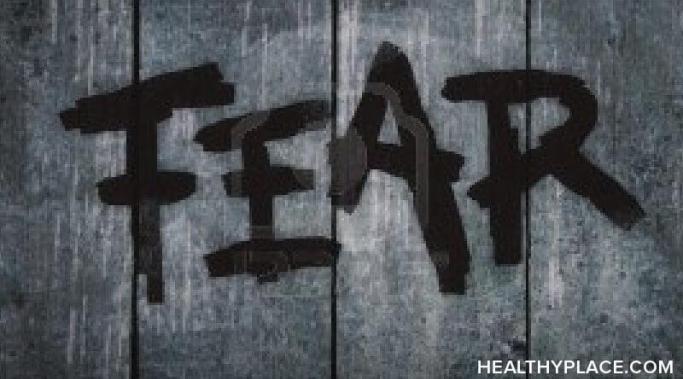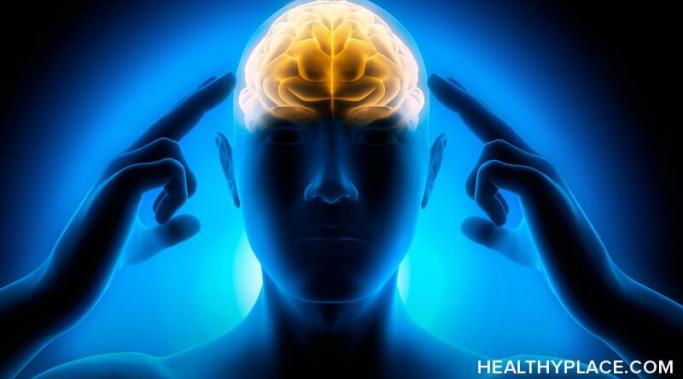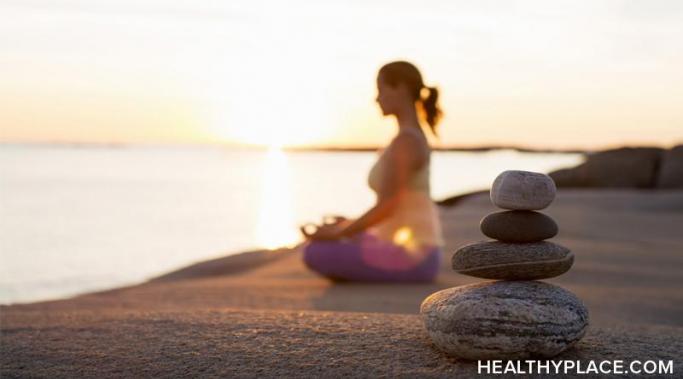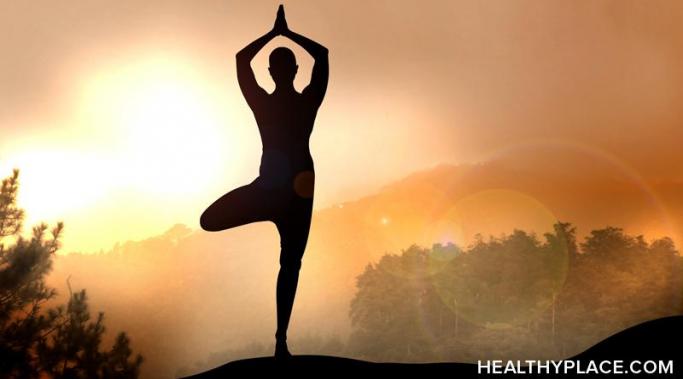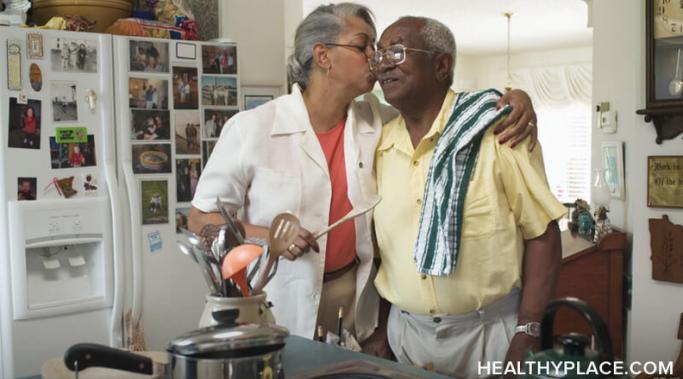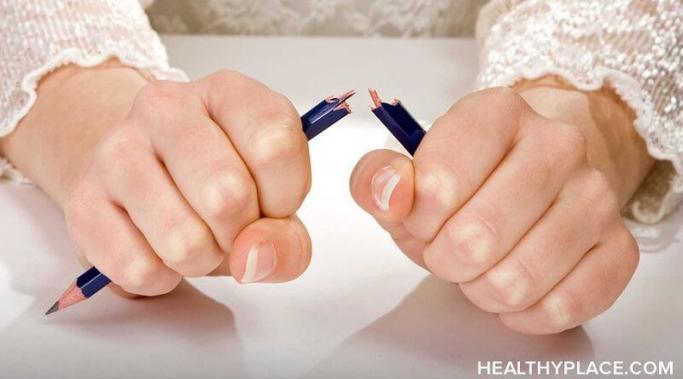Nearly all of us with anxiety disorders have a specific fear or phobia that sends our anxiety into overdrive. For some people, it may be a fear of public speaking. For others, the specific fear or phobia may be the subway or dentist appointments. Whatever it is, the fear sends our hearts racing and this specific fear or phobia makes managing our everyday levels of anxiety that much harder.
Living with Anxiety
We need to rethink yoga. It’s no secret that yoga can effectively reduce anxiety. Yet, the irony is that many people feel intimidated or anxious about trying yoga. Today I have a way you can use yoga to reduce anxiety that anyone can practice and it really speaks to the heart of yoga. And the cool thing is it will get you breathing deeply without having to focus on your breath as you rethink yoga.
Everyone gets overwhelmed. We all have times when life is stressful or we’ve signed up for--or been given--more than we can easily handle. For those of us with anxiety, however, feeling overwhelmed can quickly transform into outright terror. But you can battle the anxiety that comes from feeling overwhelmed with these stress relief tips.
Without acceptance as part of our anxiety treatment, the number of ways to treat anxiety, including meditation, medication, repetitive activities, and cognitive behavioral therapy won't work well. We are all different and experience anxiety in different ways. This means each anxiety management method has its own pros and cons for each of us, yet no anxiety treatment can be completely effective without one key ingredient: Acceptance.
Our mind's response to anxiety affects our self-esteem, sense of control, and how we see the world around us. When we experience anxiety symptoms, our feelings and thoughts get so wound up in the body’s stress response that we may want to run. We want to shed this thing that won’t leave us alone. In my own struggle with anxiety, I’ve found a seemingly counterintuitive response to anxiety that helps me shift my experience and reduce anxiety.
I’m Melissa Renzi, and I’m excited to write for the Treating Anxiety blog at HealthyPlace. While I’m a licensed social worker and yoga teacher, my greatest credential is my personal story as a sensitive soul learning to transform the anxiety I’ve experienced since early childhood. It is easy to feel overwhelmed and alone as we cope with anxiety. I believe there is great strength and healing in sharing vulnerability and I truly look forward to connecting with you and hearing your story.
Dating is awkward and many feel anxiety about dating. Throw some clinical anxiety into the mix and you've got a disaster on your hands. But you can minimize anxiety about dating.
I've been reading the Debunking Addiction blog lately, and it's gotten me thinking about how my early sobriety triggered my anxiety. Early sobriety generally refers to the first year of not drinking after sobering up. My experience has been that early sobriety will trigger anxiety, especially if you already have an anxiety disorder, which I believe many problem drinkers do (Addiction and Mental Illness: The Struggle to Stay Sober and Sane).
Does your anxiety ever make you feel like a failure? Does it ever make you feel stupid? A reader's comment on my post, Top 10 Anxiety-Friendly Jobs really got me thinking about this issue. They indicated that anxiety at work had caused them to exhibit some of the common signs of low self-esteem, including difficulty holding down a job, and becoming easily confused and forgetful. Because I've struggled mightily with these same issues at work, it also got me thinking about other reasons why anxiety makes you feel stupid and like a failure.
Many of us live with people who don't understand our anxiety. About 18% of American adults live with an anxiety disorder.1 There are millions more all over the world who also have anxiety, which means that a lot of us live with people who don't understand our anxiety. Whether it's roommates, parents, spouses, or children, you may be living with people who don't understand (Lack of Understanding of Mental Illness). Here are some thoughts on how to cope better in that situation.
